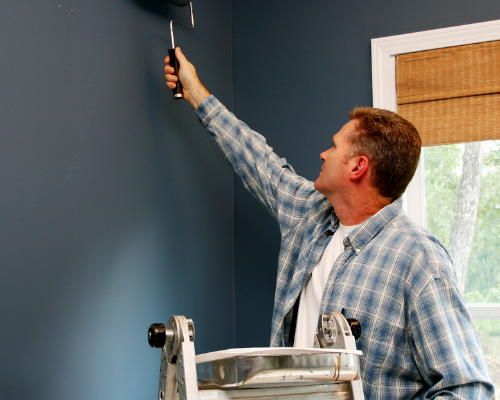7 Open Houses in one weekend: The good, the bad and the ugly
Open houses are a big part of both the buying and selling process. You might be hesitant to host or attend one because they can be painfully awkward and inconvenient. Walking around your potential new home with a real estate agent following you from room …





















